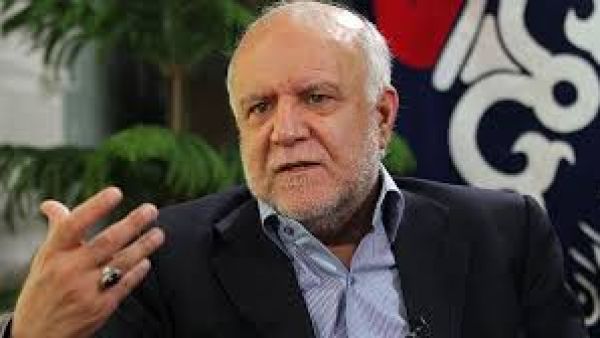Iran's oil ministry website announced Tuesday that it will produce a new framework for contract agreements, including oil production sharing, within the next six months to encourage the return of foreign energy invesment, according to Reuters.
Oil Minister Bijan Zanganeh ordered a "widespread review" of the oil contract process shortly after taking office in August in an effort to revive investment in Iran's oil sector.
Iran has previously insisted that oil contractors hand over their projects to Tehran upon completion, which has made large-scale contract jobs unattractive to many foreign investors. Western sanctions have further undermined the process and progress of such investment projects.
Gholam-Reza Manouchehri, a committee member involved in Zaganeh's review and now charged with revising the contracts told reporters that “Production from hydrocarbon fields within the framework of buyback contracts drops after the project is given to the contractor.” Manouchehri urged future agreements to include stipulations that provide contractors with a share of the production to encourage project progress and effectiveness, as well as to ensure risk-sharing in the case the oil field does not maintain production levels anticipated in the long term. Under the new proposed agreement frameworks, contractors will be expected to help drill new wells and install new technology to maintain production levels.
The current buyback system in Iran stipulates that contractors are paid in oil and gas from the projects they developed with their own capital investments. However, the completion of their startup projects often ended their direct involvement in the oversight of production, often having to hand over the project to Tehran while they awaited payment. Many oil contractors still are waiting for multimillion-dollar payments from projects started decades ago.
Before President Hassan Rouhani's term, the previous administration in Tehran offered tentative production sharing deals to Indian firms, but often declined the offers because of obstacles involved in operating in Iran. Renewed relations between Rouhani and the US have further raised hopes that Western sanctions, one of the most prominent obstacles for operating in Iran, will be lifted in the upcoming months. Ending such sanction policies could lure investors back into the world's largest gas and fourth largest oil reserves.
The new contract framework will also include language to encourage the development of offshore fields in the Caspian sea as well as in cross-border fields shared with Qatar.
In order to make the most attractive contracts for foreign investment, Iran is studying contract models from neighboring countries, as well as other oil-rich nations. According to Manouchehri, "Key and positive points in the oil contracts [signed in] Iraq, Kuwait, Saudi Arabia, Venezuela and the North Sea littoral states will be studied and taken into account. [As long as] they do not contravene Iran’s national interests, they will be used."








